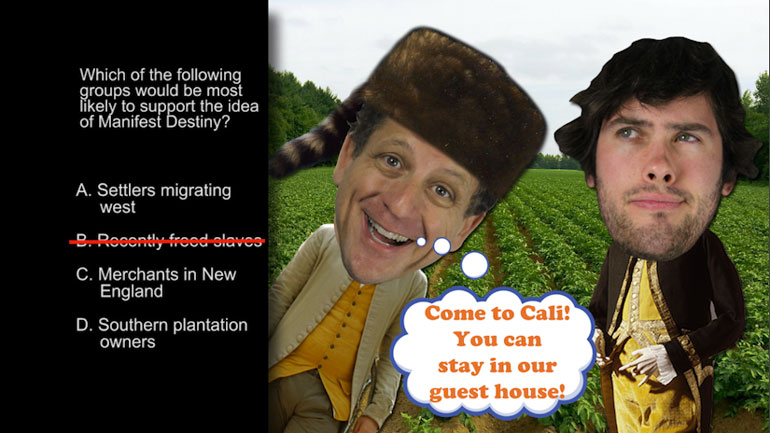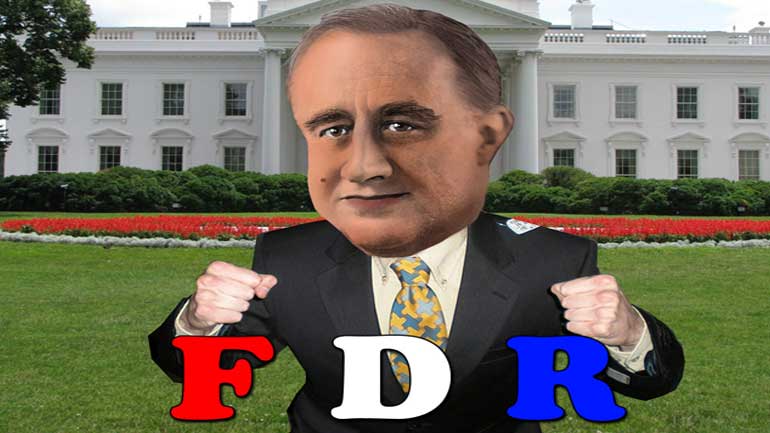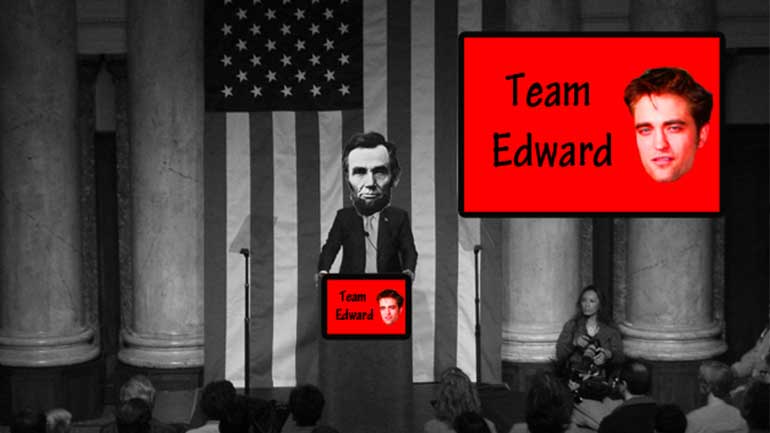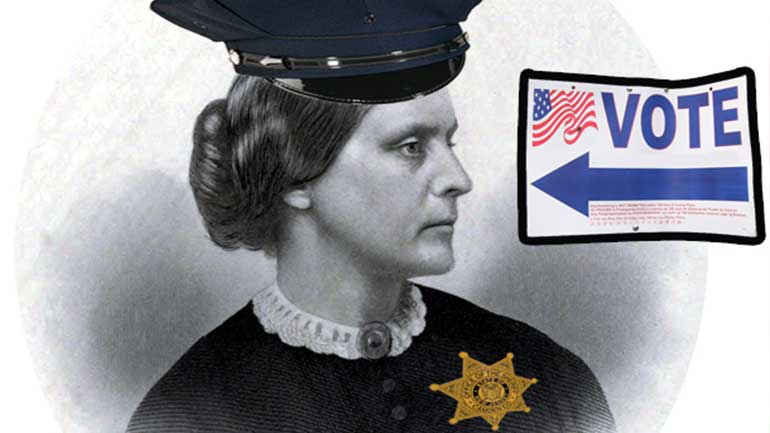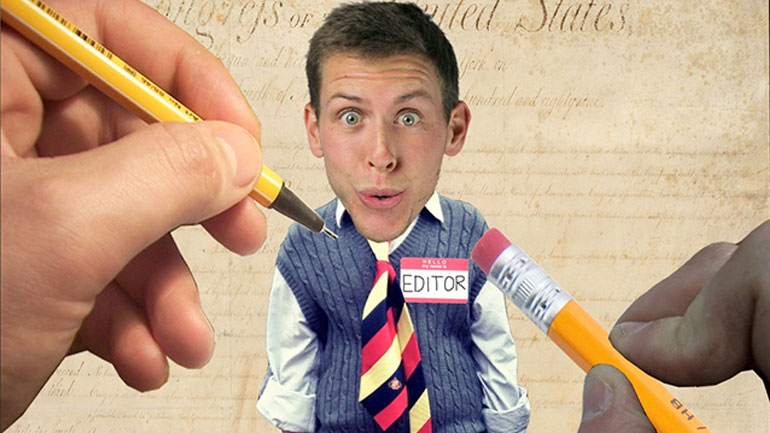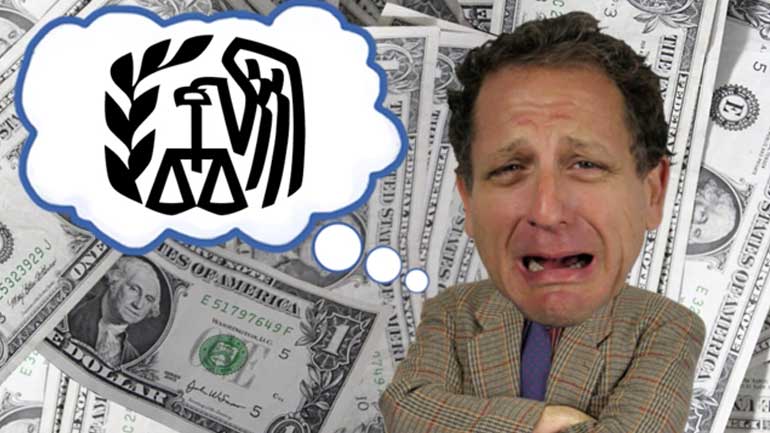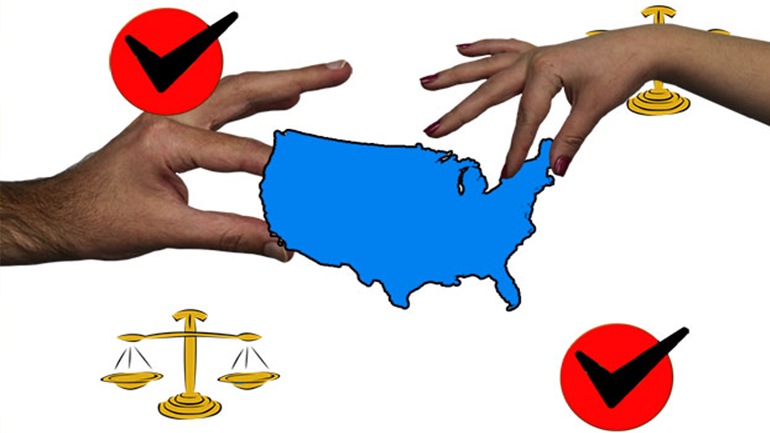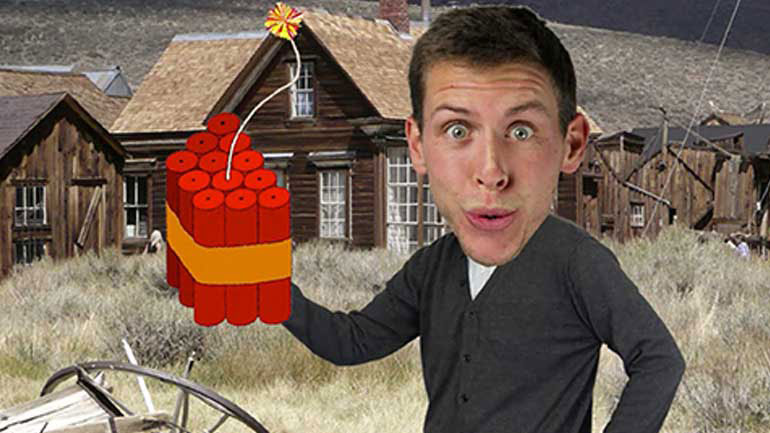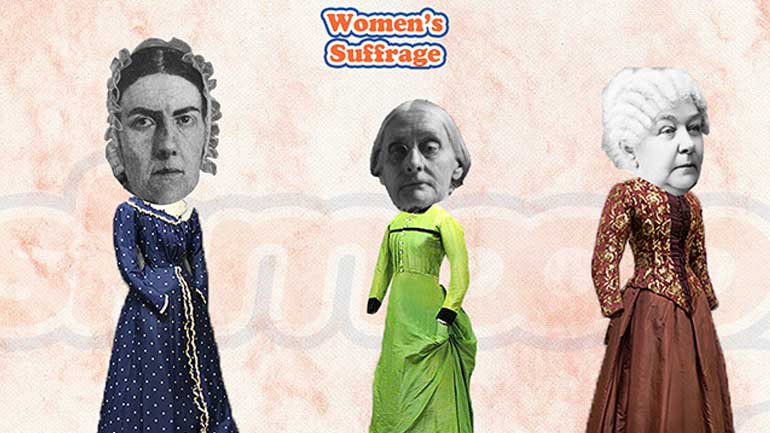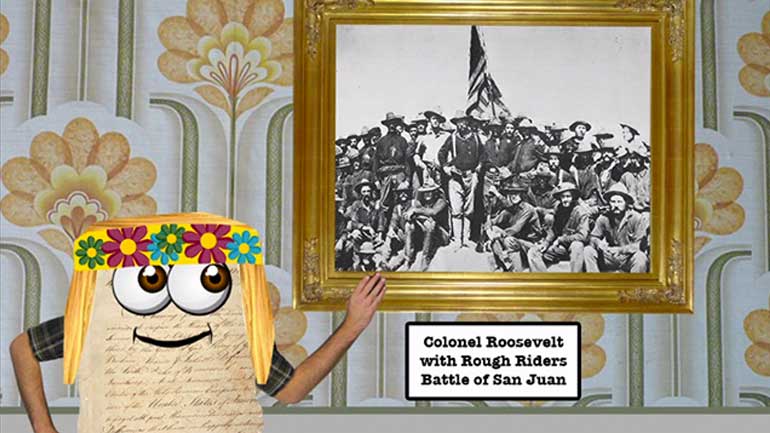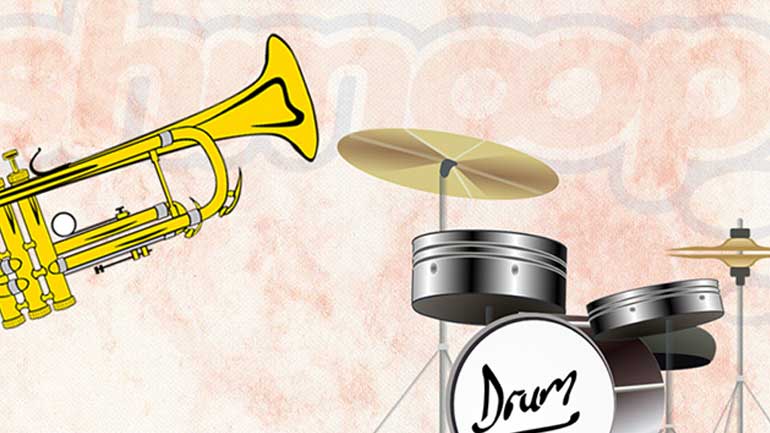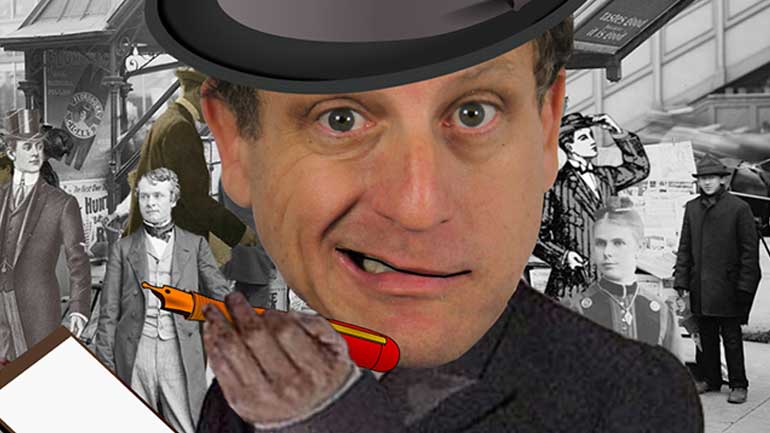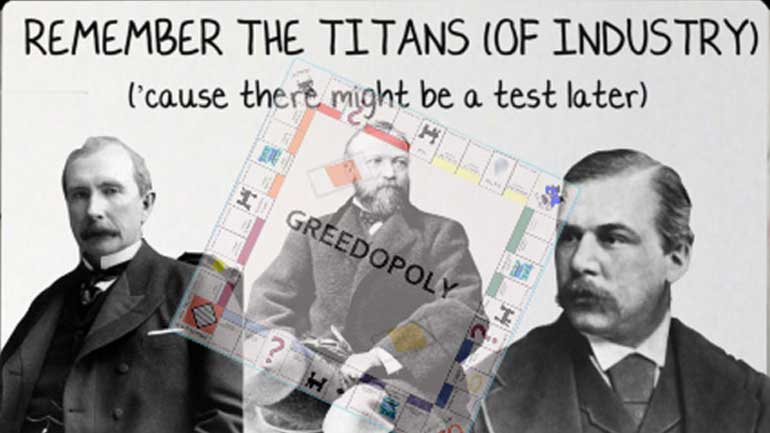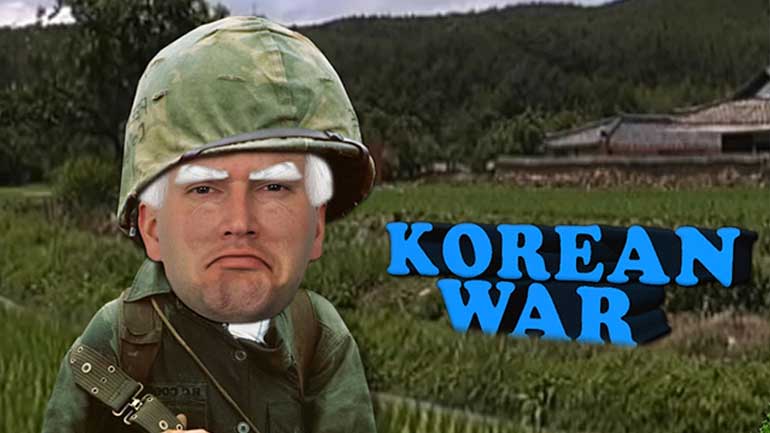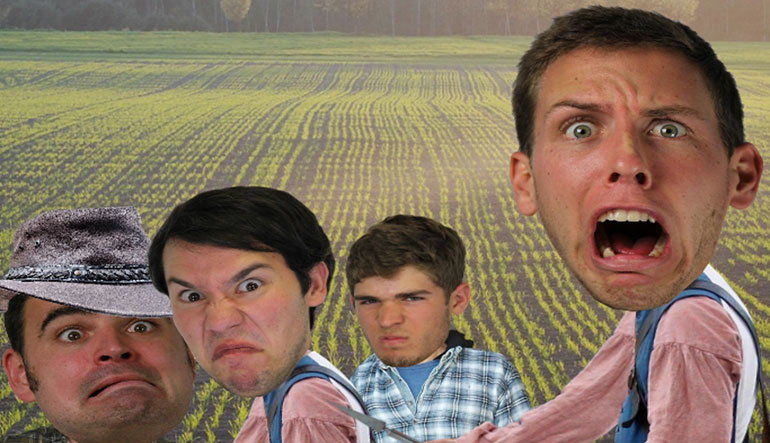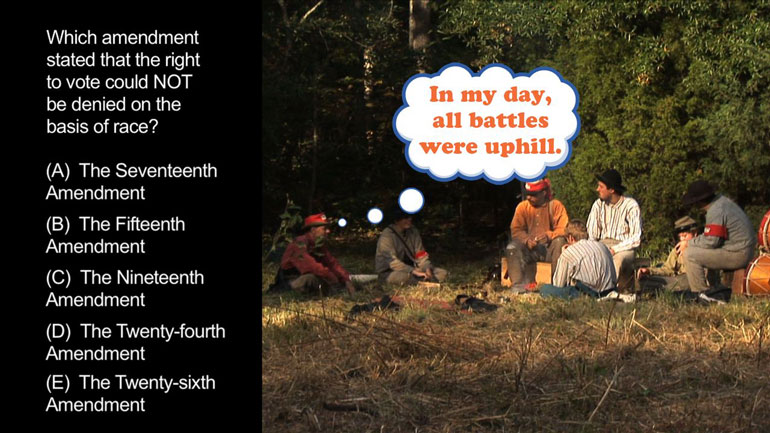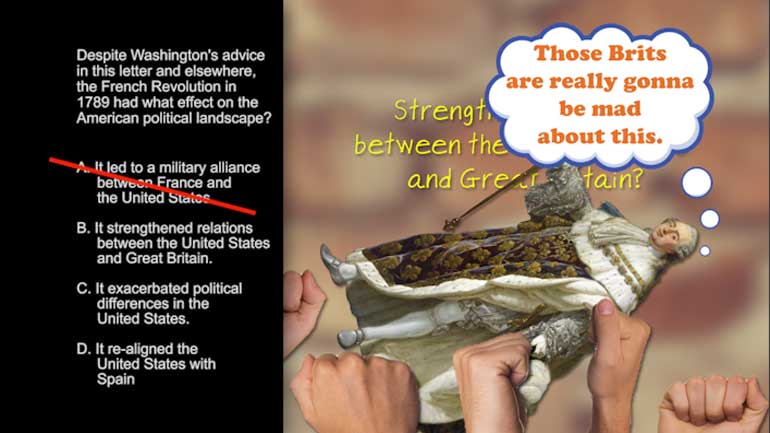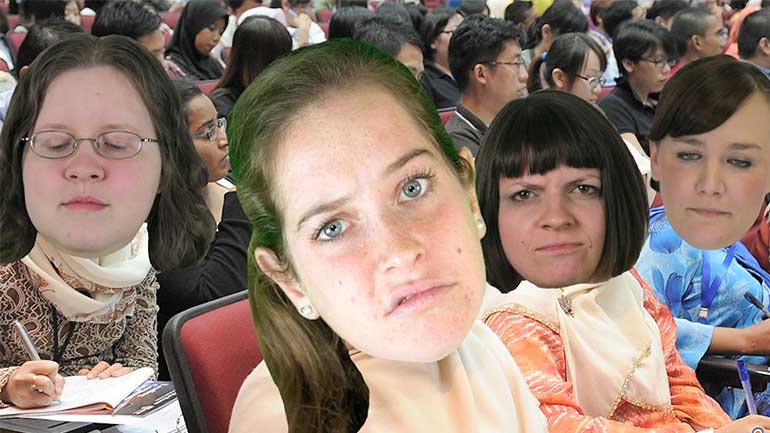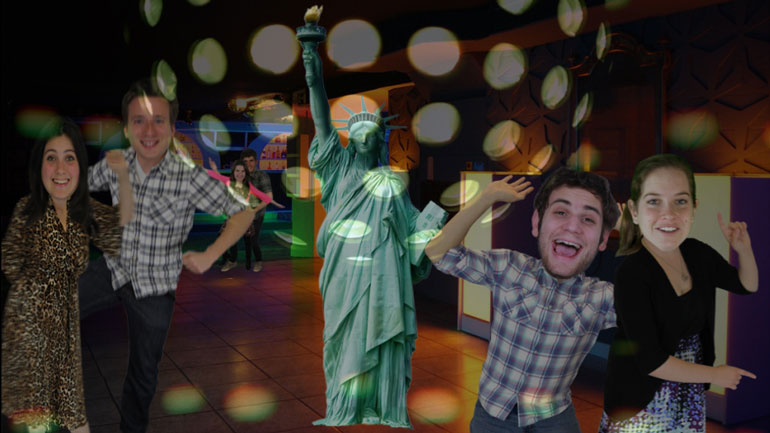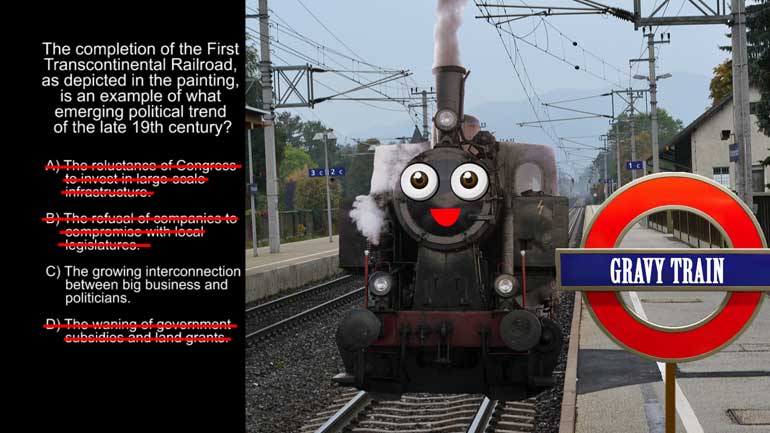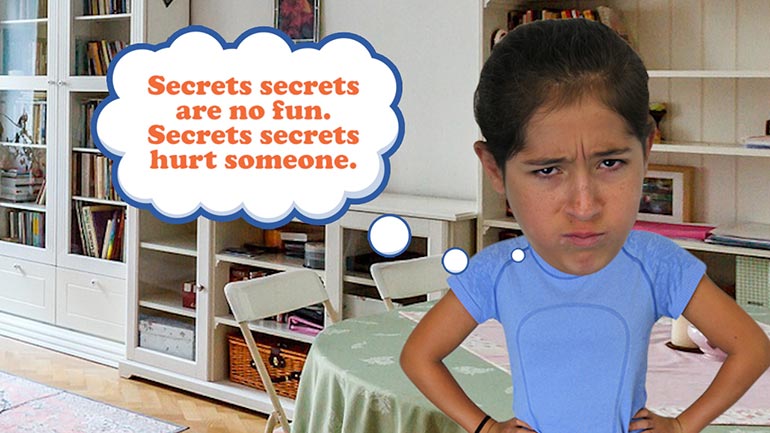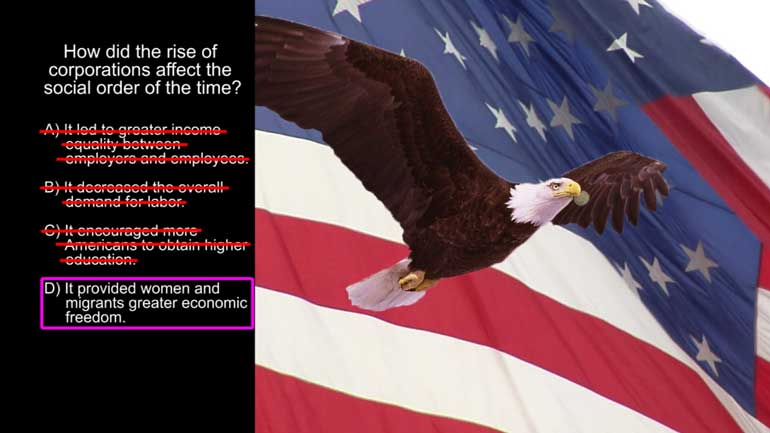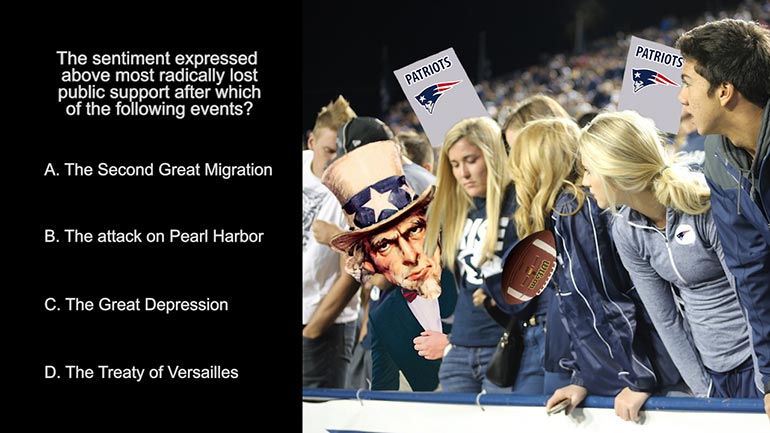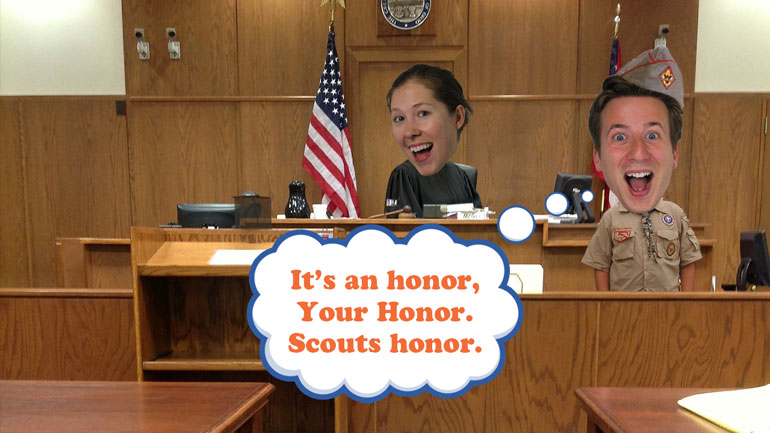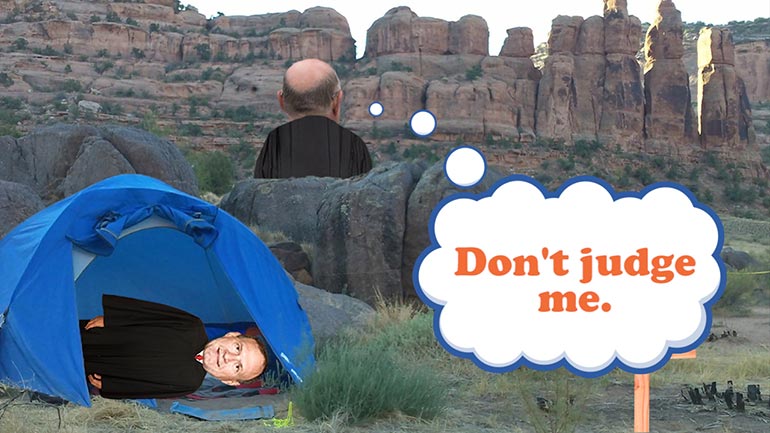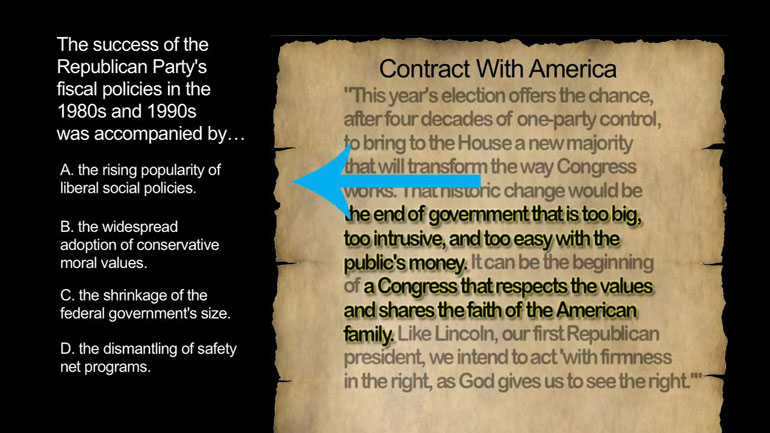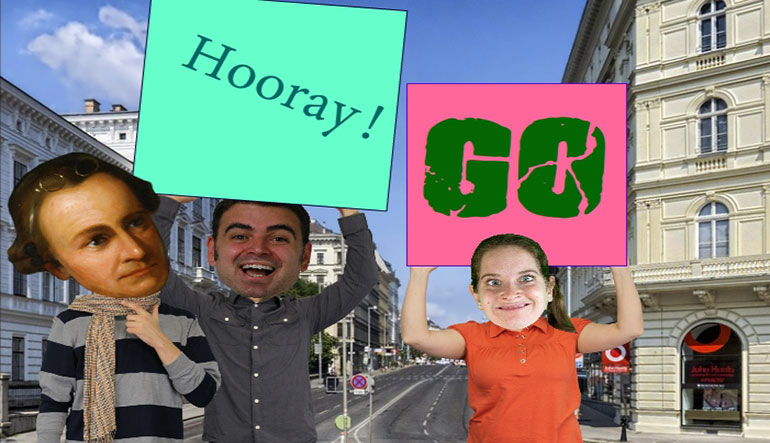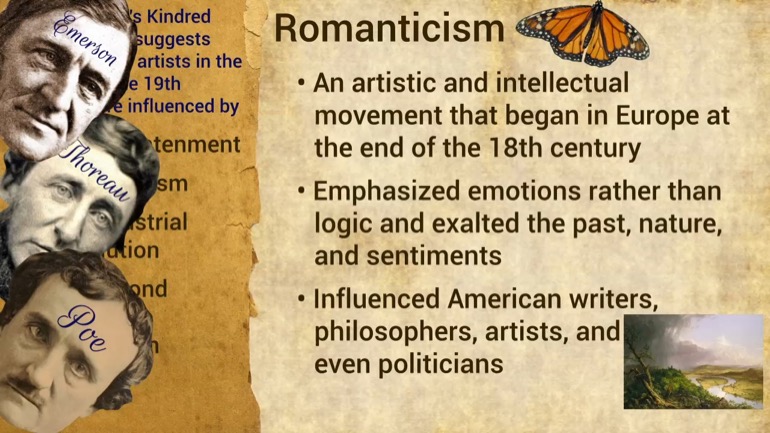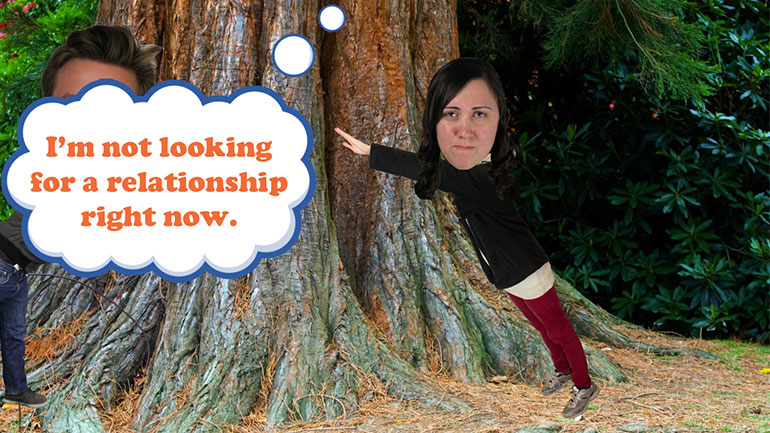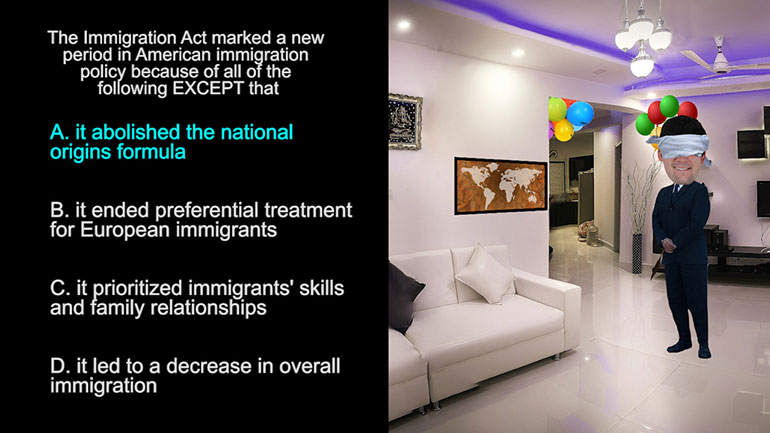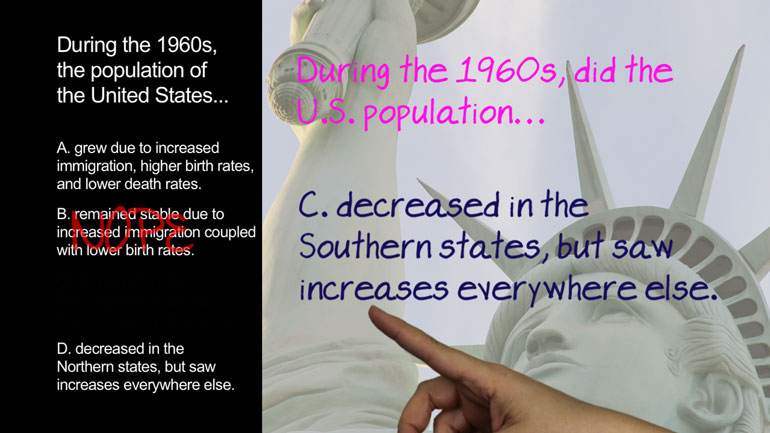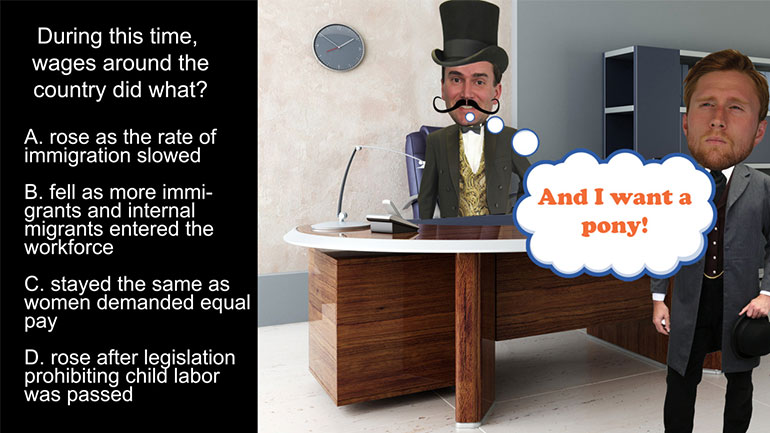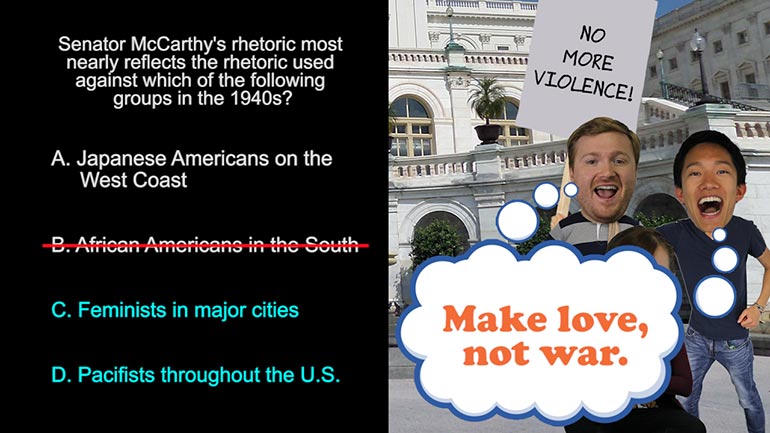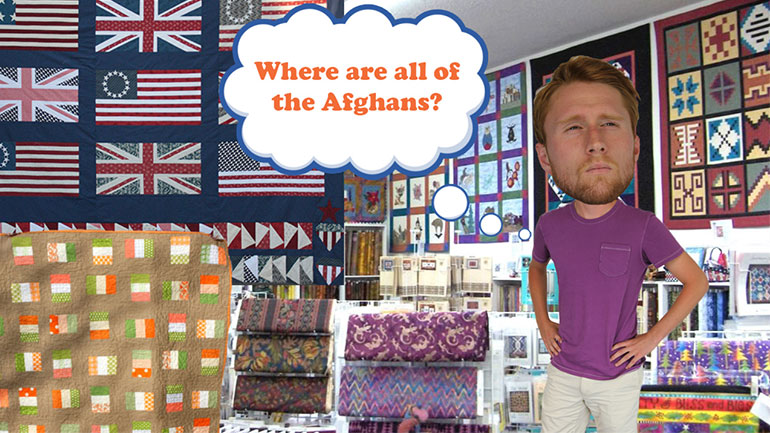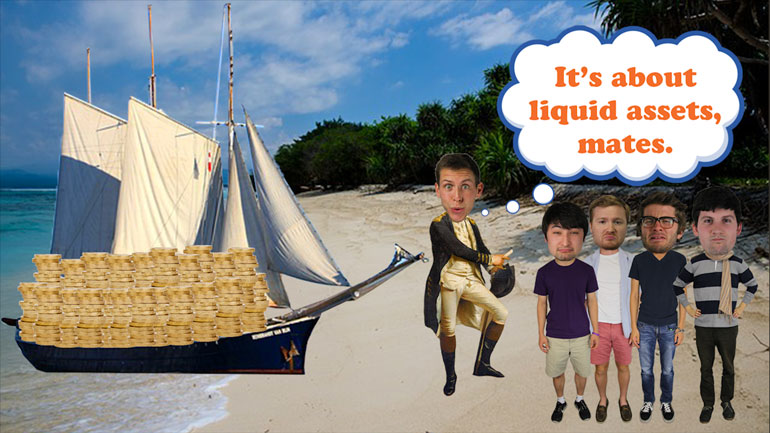ShmoopTube
Where Monty Python meets your 10th grade teacher.
Search Thousands of Shmoop Videos
U.S. History EOC Assessment Videos 64 videos
AP U.S. History 1.1 Period 5: 1848-1877. Which of the following groups would be most likely to support the idea of Manifest Destiny?
In the 1950s and 60s, people weren't just expressing their feelings toward the government—they were singing them, too. (Think Crosby, Stills, Nas...
Deal or no deal? FDR's New Deal provided hundreds of thousands of jobs in the public sector to bring the economy out of the Great Depression. It wa...
All the Suffrage Ladies 4324 Views
Share It!
Description:
This video summarizes the history of women’s rights movements, discussing notable women’s rights figures like Angelina Grimké, Elizabeth Cady Stanton, Lucretia Mott, and Susan B. Anthony. These women fought against their oppressors and even sought more rights for other members of society.
Transcript
- 00:07
Women’s Suffrage.
- 00:08
You may have heard about a little thing called The Revolutionary War...
- 00:12
...when the American colonies declared themselves free of their British oppressors.
- 00:16
They made a big deal about freedom and democracy...
- 00:18
...and the new country provided civil rights for its citizens...
Full Transcript
- 00:22
...its male citizens, that is.
- 00:25
Women were a completely different story.
- 00:27
They couldn’t vote...
- 00:29
...they had trouble holding onto property...
- 00:31
...and no one would even think of paying them what a man earned.
- 00:34
How times have changed, huh?
- 00:36
Guess someone was taking that “all men are created equal” line just a little too literally.
- 00:42
So, how and when did everything change?
- 00:45
And more importantly, who were the people who helped change it?
- 00:48
One of the first voices for change belonged to Angelina Grimké. <<Grim-key>>
- 00:52
Born in South Carolina in 1805, she was the daughter of a slave-owning judge...
- 00:58
...and she was uncomfortable with the whole notion of slavery.
- 01:01
She joined the newly formed American Anti-Slavery Society to fight for the cause.
- 01:07
She started equating the oppression of blacks to the oppression of women...
- 01:11
...and by 1838 she was writing a series of essays lobbying for women’s rights...
- 01:15
...and speaking in front of thousands.
- 01:18
She eventually became the first woman invited to speak
- 01:21
in front of the Massachusetts State Legislature.
- 01:24
It may not sound like a bangin’ time to you, but she was pretty excited.
- 01:28
After retiring to raise a family...
- 01:30
...Grimke ran a boarding school that taught many abolitionists’ children…
- 01:33
...including the children of another women’s rights pioneer, Elizabeth Cady Stanton.
- 01:38
Born into a ton of moolah in 1815, Elizabeth Cady excelled in school...
- 01:43
...but that didn’t help her much when it came time to go to college.
- 01:47
After insisting that “obey” be omitted from the vows, she married Edward Stanton...
- 01:52
...and juggled her roles as wife and mother while changing the world.
- 01:56
Sounds like a 21st Century woman, if you ask us.
- 01:59
In 1840, Stanton was denied seating at The Anti-Slavery Convention
- 02:03
simply because she was a woman.
- 02:05
She later joined forces with another excluded delegate, Lucretia Mott.
- 02:10
Together they organized the first Women’s Rights Convention in Seneca Falls, NY in 1848...
- 02:16
...where Stanton wrote The Declaration of Sentiments...
- 02:19
...asserting that men and women were created equal.
- 02:23
Not long after the Convention, Stanton met Susan B. Anthony...
- 02:26
...who shared her views on abolition and the evils of alcohol...
- 02:30
...as well as her passion for women’s rights.
- 02:32
Anthony was born in 1820 in Massachusetts.
- 02:36
First employed as a teacher...
- 02:37
...she fought for equal wages for women...
- 02:39
... and took a leading role in the anti-slavery and temperance movements.
- 02:44
Stanton and Anthony were the perfect pair...
- 02:46
...whose skills complemented each other...
- 02:48
. . .for nearly 50 years.
- 02:50
Starting to see any kind of a pattern here?
- 02:52
Women’s rights weren’t the only thing these women were fighting for.
- 02:56
Finally, there was some light at the end of the tunnel.
- 02:59
The 15th Amendment, which enfranchised black males but not women, was passed.
- 03:04
Opposed to anything less than universal suffrage, Stanton and Anthony lobbied against it.
- 03:09
They started a women’s rights journal called The Revolution...
- 03:12
...and their own suffragist group called the National Women’s Suffrage Association.
- 03:16
And, oh yeah, Anthony got herself arrested in 1872
- 03:20
when she demanded to be allowed to vote.
- 03:22
Of course, Anthony wasn’t about to pay any fine...
- 03:26
...and the government didn’t want to rile things up going after it...
- 03:33
. . .so that 100 bucks was never paid.
- 03:36
Even though the two feuding suffrage groups reunited in 1890. . .
- 03:39
. . .their dream of voting equality wouldn’t be realized until 1920.
- 03:44
Although they never lived to see it. . .
- 03:45
. . .their efforts to gain equality for women finally materialized.
- 03:53
Well, sort of.
Related Videos
GED Social Studies 1.1 Civics and Government
John Hawkins was may have been the most interesting man in the world. He doesn’t always hijack ships, but when he does... he prefers for them to...
Betty Frieden was one of the leading influences (arguably the starting one) in women's rights. She argued for gender equality everywhere— from th...
What do the light bulb, the post office, the lightning rod, the Constitution, and the modern fire department have in common? They were all invented...
Who was Dred Scott? He was the former slave who took his case for freedom to the Supreme Court but sadly lost the case. (Although here's a bittersw...
